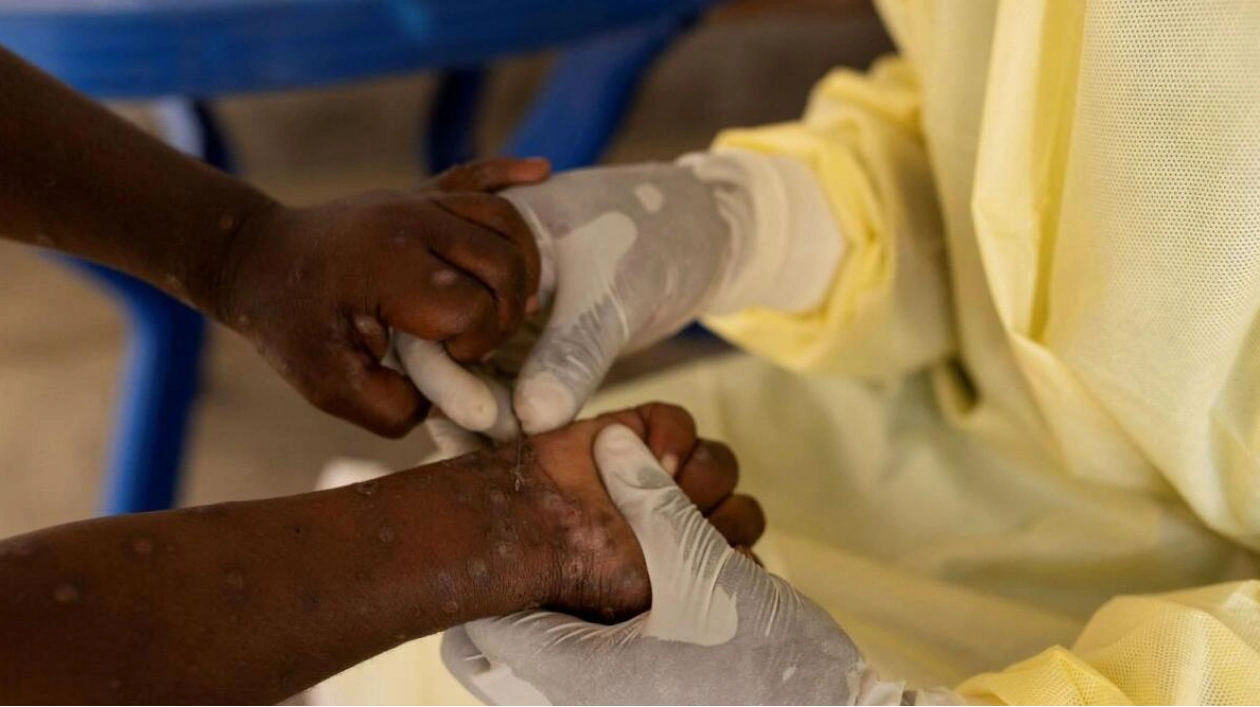On Wednesday, the World Health Organisation convened a panel of experts to determine if the recent mpox outbreak in Africa should be classified as a global public health emergency. This meeting involved 16 international experts, following the African Union's health authority's declaration of a public health emergency due to the escalating outbreak. Mpox has spread across the Democratic Republic of Congo, where the virus, previously known as monkeypox, was first identified in humans in 1970, and has since reached other nations.
WHO Director-General Tedros Adhanom Ghebreyesus highlighted that the over 14,000 cases and 524 fatalities recorded this year in the DRC surpass last year's totals. He emphasized the concern over the emergence and rapid spread of clade 1b in the DRC, primarily through sexual networks, and its detection in neighboring countries, which prompted the emergency committee's assembly.
In the past month, approximately 90 cases of clade 1b have been reported in four countries adjacent to the DRC that had not previously reported mpox: Burundi, Kenya, Rwanda, and Uganda. Tedros noted that the situation involves multiple outbreaks of various clades across different countries with varying transmission methods and risk levels.
The committee will advise Tedros on whether the outbreak constitutes a Public Health Emergency of International Concern (PHEIC), the highest alert the WHO can issue. A PHEIC declaration would initiate emergency responses globally under the International Health Regulations. This would mark the second consecutive PHEIC for mpox, albeit concerning a different, more lethal strain. In May 2022, global mpox infections surged due to clade 2b subclade, leading to a WHO-declared public health emergency from July 2022 to May 2023, which resulted in approximately 140 deaths out of 90,000 cases. The current clade 1b subclade, prevalent since September 2023 in the DRC, causes more severe illness than clade 2b, with a higher mortality rate.
Mpox, an infectious disease caused by a virus transmitted from animals to humans but also spread through close human contact, presents symptoms such as fever, muscle aches, and large skin lesions resembling boils. The WHO recommends two vaccines for mpox. Since 2009, a PHEIC has been declared seven times, including for H1N1 swine flu, poliovirus, Ebola, Zika virus, Covid-19, and mpox.






